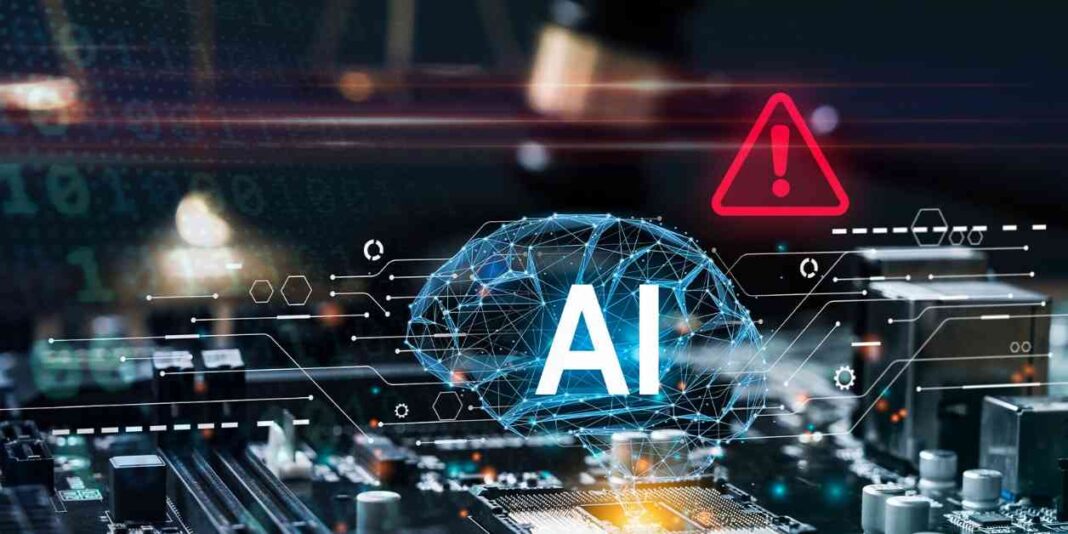Protecting Digital Replicas: U.S. Copyright Office’s Push for Legislation on AI and Deepfakes
In the ever-evolving landscape of technology and creativity, the U.S. Copyright Office has taken a significant step towards protecting individuals from the potential harms of unauthorized digital replicas, particularly in the form of deepfakes. With the rise of artificial intelligence tools, such as generative AI, creating realistic but false depictions of individuals has become increasingly prevalent. In response to this growing concern, the U.S. Copyright Office has recommended the establishment of a new federal law to address the distribution of unauthorized digital replicas.
The Issue at Hand
Digital replicas, or deepfakes, pose a serious threat to individuals across various sectors, including entertainers, politicians, and private citizens. The ability to manipulate images, videos, and audio recordings using AI technology has made it easier than ever to create deceptive and misleading content. As a result, there is an urgent need for legislation to protect individuals from the potential reputational and livelihood risks posed by unauthorized digital replicas.
Current Legal Landscape
While there are existing federal and state laws that touch on issues related to digital replicas, the U.S. Copyright Office has found that these laws are insufficient to fully address the harms associated with deepfakes. The Copyright Act, Federal Trade Commission Act, Lanham Act, and Federal Communications Commission Act, among others, are deemed too narrowly drawn to effectively combat the sophisticated digital replicas created with AI technology.
Recommendations for Legislation
To address these gaps in the legal framework, the U.S. Copyright Office has put forth a series of recommendations for Congress to consider when drafting new legislation. These recommendations include:
– Defining digital replicas to encompass video, image, and audio recordings that falsely depict an individual.
– Extending protection to all individuals, not just public figures or celebrities.
– Ensuring protection for at least the individual’s lifetime.
– Establishing liability for the distribution or availability of unauthorized digital replicas.
– Holding online service providers accountable for contributing to infringing conduct.
– Allowing for the licensing of digital replica rights, but not their assignment.
– Balancing First Amendment concerns through a multifactor test.
– Providing injunctive relief and monetary damages.
– Advising against full preemption of state laws.
Looking Ahead
The release of Part One of the Copyright and Artificial Intelligence Report is just the beginning of the U.S. Copyright Office’s efforts to address the complexities surrounding AI and copyright. With additional report topics on the horizon, including the copyrightability of works created using generative AI, training AI models on copyrighted works, licensing considerations, and liability allocation, stakeholders should stay tuned for further developments.
In Conclusion
As technology continues to advance, it is crucial that legal frameworks evolve to protect individuals from the potential risks associated with unauthorized digital replicas. The U.S. Copyright Office’s call for federal legislation on AI and deepfakes signals a proactive approach to safeguarding against the misuse of AI technology. By implementing comprehensive measures to address the distribution of unauthorized digital replicas, lawmakers can help mitigate the harmful impact of deepfakes on individuals and society as a whole.















